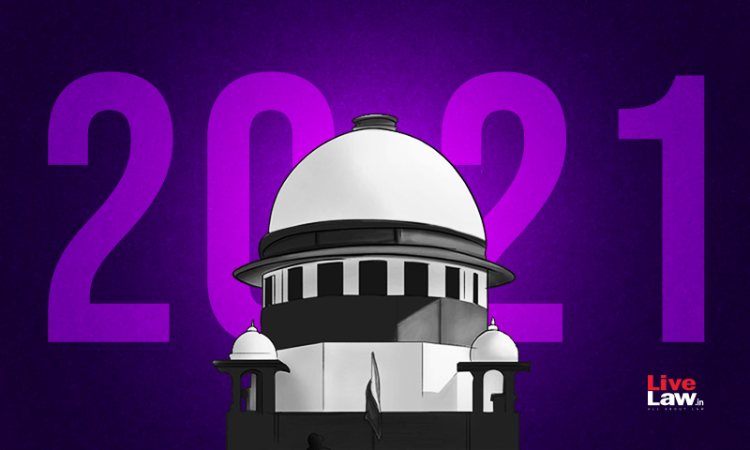Next Story
29 Dec 2021 7:21 PM IST
1. High Court's Power Under Article 226/227 To Interfere With Arbitration Process Needs To Be Exercised In Exceptional RarityThe Supreme Court in Bhaven Construction v. Executive Engineer Sardar Sarovar Narmada Nigam Ltd. has observed that the power of the High Courts under Article 226/227 of the Constitution of India to interfere with an arbitration process needs to be exercised in...

